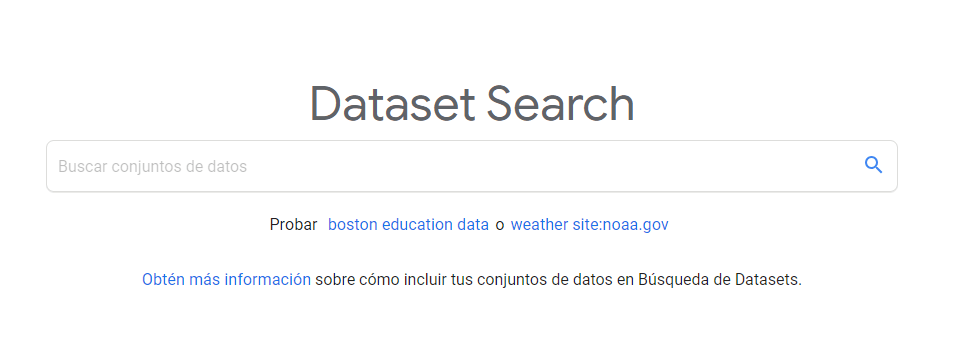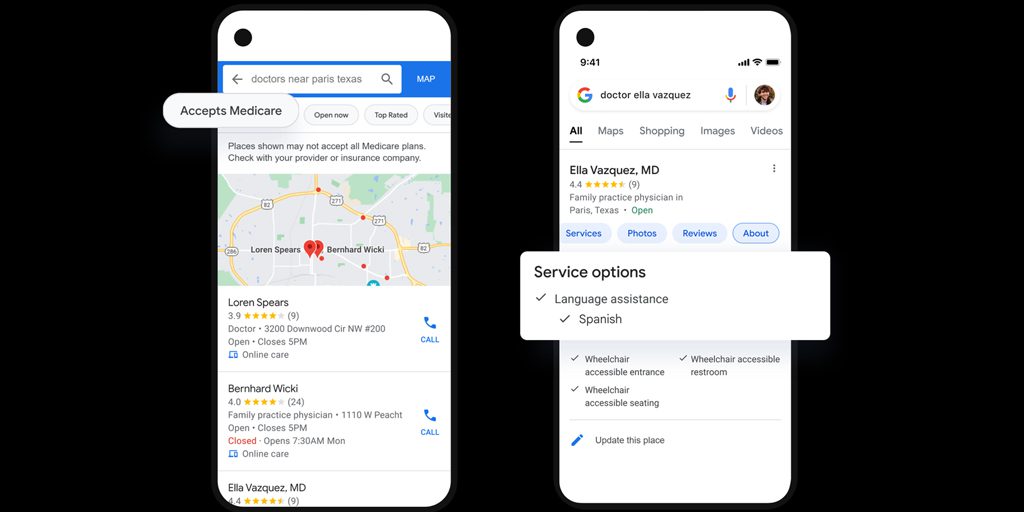Data sets are a critical tool to be able to expand and shape the knowledge gained in the health field and sort them by relevance, with the aim of using them in future innovation developments.
In order to build a database that gathers the necessary information and solve any conflicts or doubts that arise within the practice of Digital Health, Google had strengthened the main search engine and its data set system.
The Dataset Search is made up of millions of lists organized by topic, sector, and link to move to sites of interest related to what you're looking for.
Updating this mode includes specialized and well-structured filters, with graphic elements such as images, tables or statistics and descriptive elements, have interactive content in which you can locate geographically, or by maps, the health centers more suitable to cover a particular need.

Any service provider focused on health, could generate important data and add information to the universal data bank, that will be open to any browser.
Through Schema.org, an initiative that recognizes the HTML code of every website, sites of interest dedicated to Digital Health can share any information without having to worry about computer programing, because with this platform every code will be translated to save extra searches and offer a better understanding of what it shows.
In this way, any healthcare service provider will be able to generate relevant data and add information to the universal database that will be public for any web browser.
The standards that allow data to be integrated into a universal library, are precisely designed to be unified and compatible with any search engine whose purpose is to host public sources that can be consulted in any specialized research.
Access to any information system is essential to create an acquis specialized in current issues that serve to renew and innovate future processes related to new technologies implemented in the health field.






